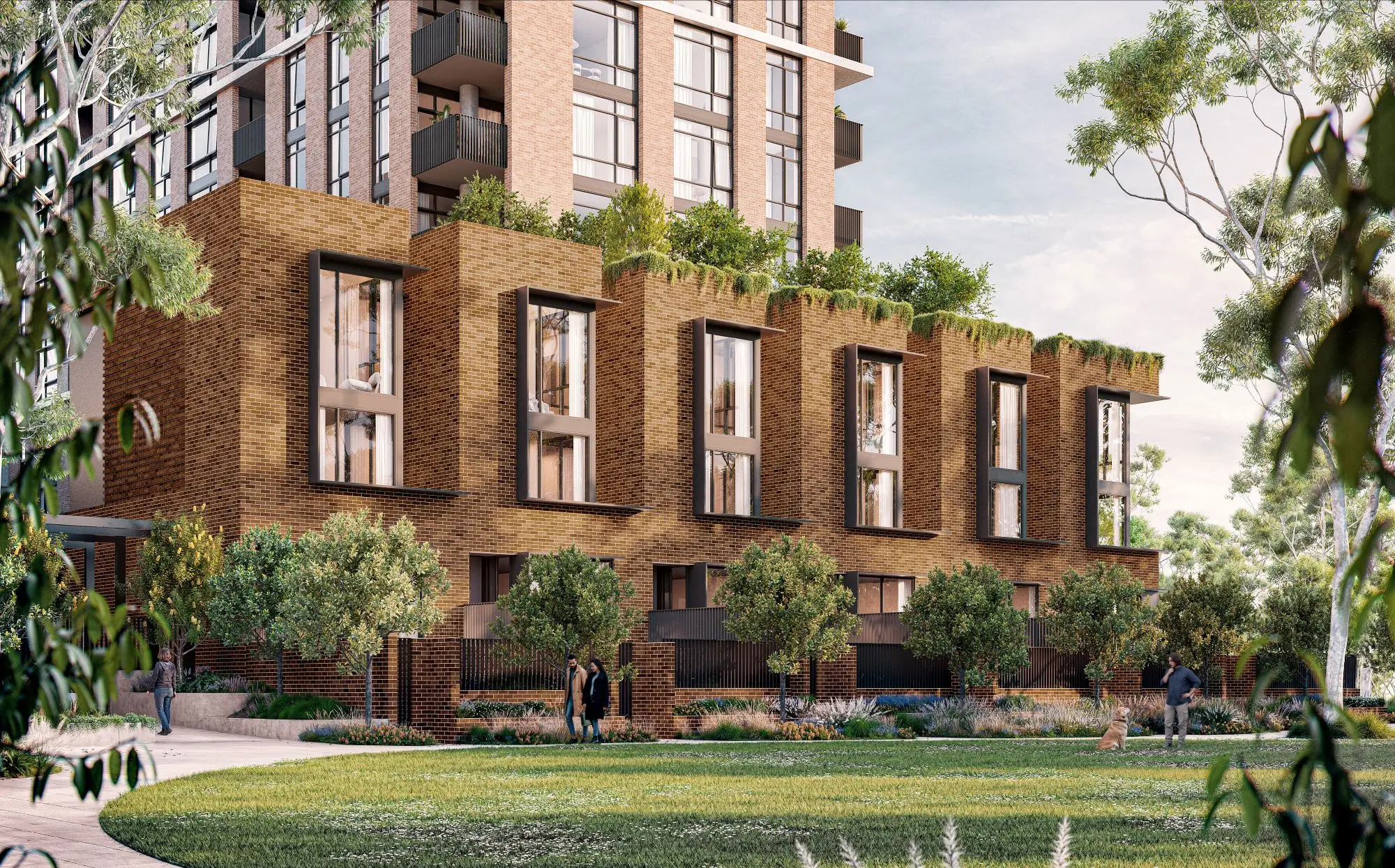
George Gadallah has been in the finance and property sectors for over 25 years and is the director and co-founder of Sydney-based investment house, Princeton. Princeton recently announced construction Eurangi at Bondi Beach. The project features eight luxurious beachfront apartments, including two single-level penthouses with unobstructed views of the world-famous beach and ground-floor retail.
He recently shared his top five property tips with us.
Engage with the specialists
Whether investor or owner-occupier (including first home buyers), Gadallah’s first property tip is to engage with the right people. While some people may consider “doing it on their own to save money”, this is more likely to result in additional hassles during the property journey.
Gadallah highly recommends finding “the right mortgage fund, lender and buyer’s agent, and your journey should be much smoother. It is always better to get a referral or recommendation from a reputable source.”
Don’t let FOMO take over

2022 is proving to be an excellent year for the property market, with capital cities recording a 55.6% increase in new properties listed - marking the busiest January for new properties in eight years. “If there is one sector that has been unaffected by Covid in Australia, it is real estate,” says Gadallah.
He continues, “The market hasn’t cooled down since the pandemic started; there is demand and not so much supply in every state. However, some buyers are rushing and paying way more than reserve prices, fearing that they will miss out on the opportunity to own a property. My advice is don’t panic.”
“Developers and investors are more eager than ever to build and keep up with demand. According to NAB, growth in house prices will reach 5% in 2022, after 2021’s estimated 23% for the year - the highest since 1989.”
“For investors, it is a great time to make the right purchase. Fresh data from CoreLogic revealed that capital cities, regional areas, houses and units all saw an increase in rents last quarter, culminating in the highest calendar year growth rate since 2007.”
“Clearly, it is time to sit back and do your homework. Choose the right property that fits your goals, expectations, and above all, your budget.”
More demand for units

As we’ve previously reported, demand for units is at a high, with Sydney’s off-the-plan market experiencing its highest sales rate since 2017 at the start of the year. “It’s a good sign for those looking to invest in units,” explains Gadallah referencing the annual trends and lower vacancy rates.
Referencing some of the fundamental drivers of the property market, Gadallah says, “Before you go ahead and buy the first one you find, make sure you do your homework. Check areas where population growth is steady - for example, suburbs like Botany in Sydney are in high demand.”
“Additionally, the easing border restrictions will drive more international arrivals, who tend to prefer to live close to the CBD areas.”
The time for non-bank lenders
“The property lending market has experienced a growing shift from bank to non-bank lenders. In a post-Covid landscape, clients are looking for lenders that can offer more agile and flexible solutions to their needs. For instance, Princeton has seen revenue growth more than 20% per annum,” says Gadallah.
Get good tax advice

“If you are investing in property, it is important to get the right tax advice on the following aspects,” Gadallah explains. He lists the four key elements to consider;
“Ownership - will you buy the property in your personal name, company or trust? Getting the ownership structure of your property wrong is one of the most costly mistakes an investor can make.”
“Ownership basis - if you are buying a property with another individual, it’s important to consider the division of ownership when making your decision.”
“Negative gearing effect - this is when the cost of owning a rental property outweighs the income it generates each year. This creates a taxable loss, which can normally be offset against other income including your wage or salary, to provide tax savings.”
“Cashflow effect - how much of your disposable income will you need to set aside to meet the property’s expenses over and above the rental income it derives. Understanding this can be the difference between a solid long-term investment and a costly mistake.”


